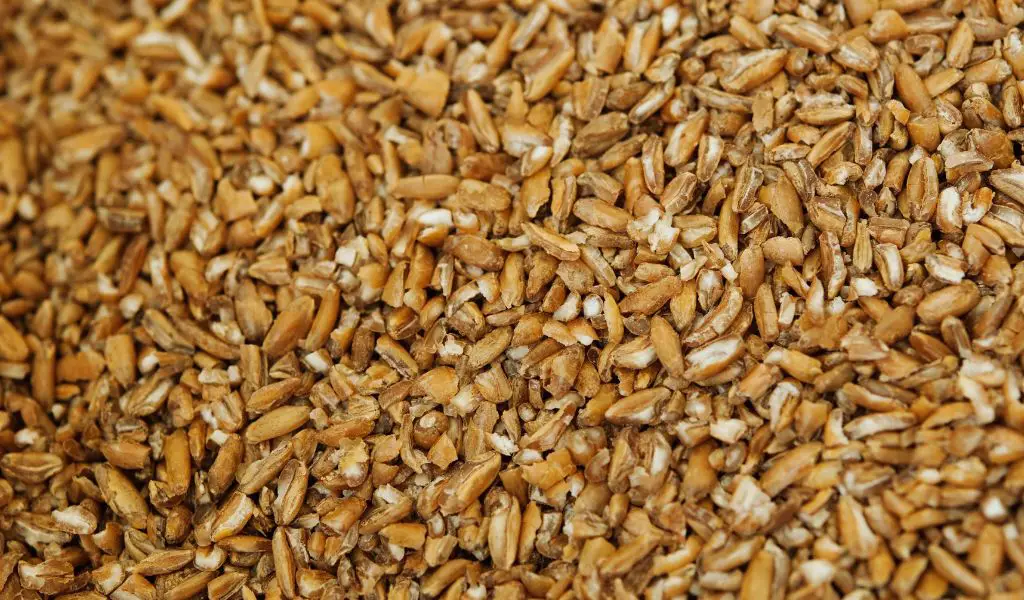Yes, dogs can eat fish. Fish can be a beneficial addition to a dog’s diet due to its high protein content and omega-3 fatty acids. These nutrients contribute to a healthy coat, skin, and overall well-being for your canine companion.
Dos
- Do ensure the fish is fully cooked: Raw or undercooked fish may contain parasites or bacteria that can harm your dog’s digestive system. Thoroughly cook the fish to eliminate any potential health risks.
- Do remove all bones: Fish bones can pose a choking hazard or cause injuries to your dog’s mouth, throat, or digestive tract. Always remove the bones before feeding fish to your pet.
- Do choose fish with low mercury levels: Certain fish species, such as salmon and trout, are rich in omega-3 fatty acids and have lower mercury levels. Avoid high-mercury fish like tuna, swordfish, and king mackerel, as excessive mercury consumption can be harmful to dogs.
Don’ts
- Don’t add seasonings or spices: Keep the fish plain and avoid using any seasoning or spices, as they can be detrimental to your dog’s health. Salt, garlic, and onions, in particular, are toxic to dogs and should never be added.
Can I feed my dog fish every day?
While fish can be a healthy addition to your dog’s diet, it should not replace a balanced commercial dog food or homemade meal. Consult your veterinarian to determine the appropriate amount and frequency of fish feeding based on your dog’s specific needs.
Are there any fish that dogs should avoid altogether?
Yes, some fish are toxic to dogs. Examples include raw salmon, trout, and certain saltwater fish. Always consult with your veterinarian before introducing a new type of fish to your dog’s diet.
Can fish allergies occur in dogs?
Yes, just like humans, dogs can develop allergies to fish. Monitor your dog for any signs of allergic reactions, such as itching, redness, or gastrointestinal distress, and consult your veterinarian if necessary.
Conclusion and final thoughts 💭
In conclusion, dogs can safely eat fish, as long as it is fully cooked, boneless, and seasoned with nothing harmful.
Remember to choose fish species with low mercury levels, and avoid feeding fish as the sole diet.
As always, consulting with your veterinarian is essential to ensure the health and well-being of your furry friend.




